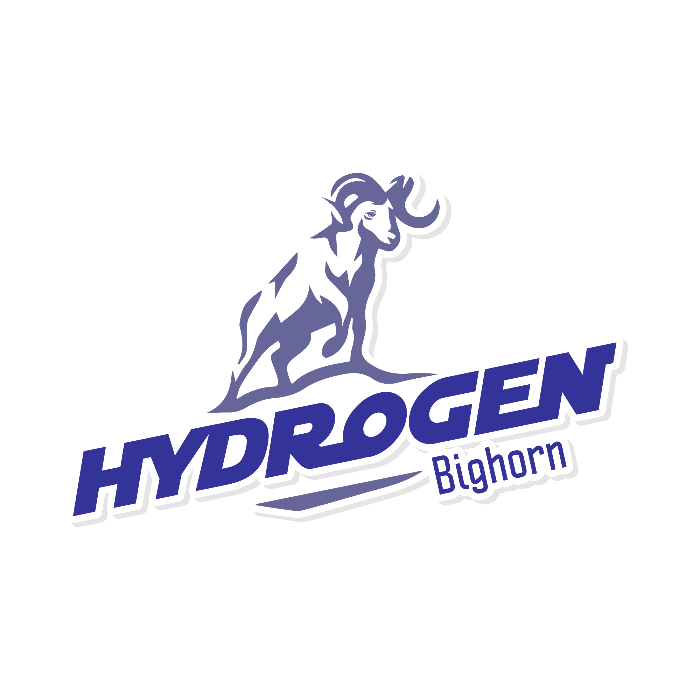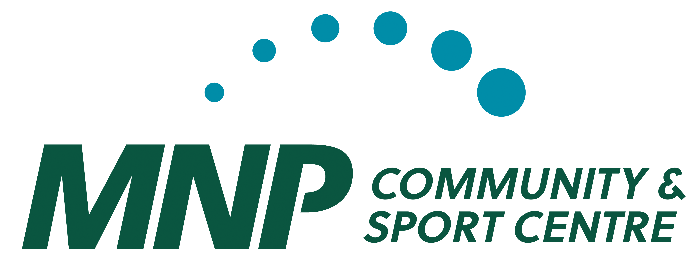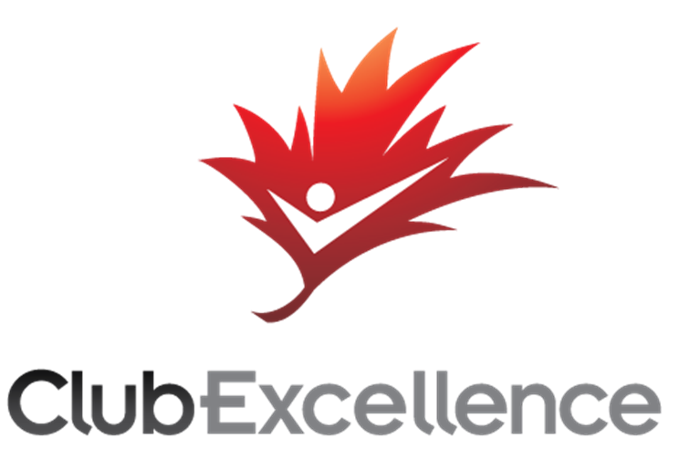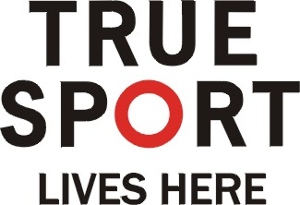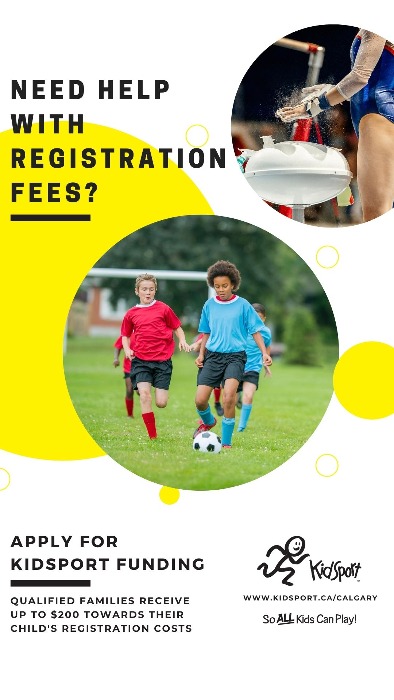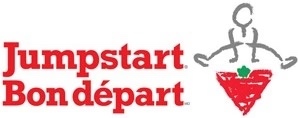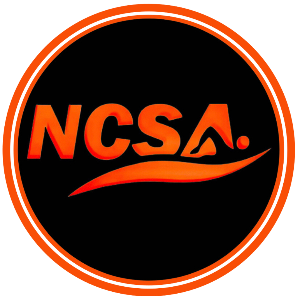Nose Creek Swim Association (NCSA) is a coach-driven non-profit organization, run by volunteers, and registered under the Societies Act of Alberta. It is affiliated with Swim Alberta and Swimming Canada, the governing bodies for swimming in Alberta and Canada, respectively. NCSA operates in accordance with its bylaws and is managed by a Board of Directors elected each year at an Annual General Meeting.
NCSA MISSION STATEMENT
The goal of the Nose Creek Swim Association is to promote and support a highly competitive swim program, along with offering a pre-competitive development program. NCSA is committed to providing a superior coaching staff accessible to all levels of swimming ability.
NCSA TEAM IDENTITY
NCSA has deep roots, strong leadership, and because of this has become a family. Our coaches care and give individual attention to each athlete while fostering the development of skills for success in the pool while building life skills for long-term well-being.
Build the Person, Build the Athlete, Build the Swimmer.
NCSA EXPECTATIONS
Swimmers:
Promote NCSA pride at all times during workouts and swim competitions
Foster an environment where all team members feel secure to make mistakes and have the confidence to speak up.
Earn and give respect – peers, coaches, parents, & officials.
Be thankful for the opportunity to train, compete, and belong.
Be positive role models for teammates.
Acknowledge and support all teammates during workouts and swim competitions.
Hold teammates accountable for their actions.
Reflect team values – Respect, Integrity, & Discipline.
Coaches:
Promote NCSA pride at all times during workout and swim meets.
Be professional at all times.
Foster an environment where all team members feel secure to make mistakes and have the confidence to speak up.
Foster teamwork among individuals, teach sportsmanship, build confidence with success.
Earn and give respect – peers, athletes, board members, parents, & officials.
Positive role models for athletes.
Have clear expectations for swimmers with respect to training, swim competitions, and conduct.
Hold peers and athletes accountable for their actions.
Promote our team values: Respect, Integrity, & Discipline.
Parents:
Foster a culture and environment where all team members feel secure to make mistakes and have the confidence to speak up.
Earn and give respect – athletes, coaches, parents & officials.
Be positive role models for swimmers.
Reflect team values – Respect, Integrity, & Discipline.
NCSA MANTRA
DREAM IT, TRAIN IT, LIVE IT!
NCSA PROGRAM PHILOSOPHY
The AAD, Appropriate Athlete Development Model, was developed by Swim Canada when it was realized that top age group Canadian swimmers were seldom staying in the sport past the age of 18.
Research proved the cause to be over training. While intensive training produces results, it was found to be at a cost to future performance.
The body adapts to exercise, requiring more intensity and more meters to see improvement. When high intensity and meters are introduced at too young of an age, the results are often plateaus or injury.
This is how NCSA stands out from other programs.
We follow the AAD, focusing on skill development (10 & under), followed by Learn to Train (11 & 12), Train to Train (13 & 14) , Train to Compete (14 & 15) followed by Performance (15 & over).
Article - goswimtv.com 2010
So here’s the scenario. You have an 8-year-old swimmer and, like most 8-year olds, he/she is pretty new to the sport (even 8-year olds who’ve been swimming for a while are NEW to the sport). You have a decision to make… which path to go down for their future?
With every goal that we set in life, there are various paths we can take to reach those goals. Deciding which path to take can be a tricky decision, especially if you already believe that one particular way is the right way. These decisions never come without some sort of tentativeness, but once you’ve chosen that path, I understand how tough it is to vary from it. Part of achieving a goal is sticking directly to that goal, and not wavering.
With that said, when we’re talking about youth athletics, there is nothing more important than “skill development.” But for some reason, swimming seems to be one of those sports where there’s a belief that young swimmers should be trained in the same way as older swimmers. There’s a notion that work is measured by the time, or distance someone swims, rather than by how the skill is performed. Look at other sports, especially martial arts, which encompass some of the oldest and most respected disciplines across the globe. Every martial art is taught as a step-by-step progression of skill development. Teaching takes a very logical approach to what comes first, and what comes last. I’ve written about this many times before, but it bears repeating, just as many things regarding swim technique are worth repeating to the swimmer.
There is skill development in baseball. First comes tee-ball, then softball, then fast-pitch softball, moving up the ranks to fast-pitch hardball. It would be silly to train an 8-year-old as if the youngster is a major leaguer, working on power and speed before setting up “how to hold the bat” or “how to throw the ball.” Such training would ultimately leave that little athlete with no real future in baseball. There is simply skill development in EVERYTHING in life we do, and to rush into training prior to acquisition or “ownership” of some sort of competency prior to gaining an understanding and grasp of the skills required to achieve one’s potential, is simply rushing to failure.
There is always a lifespan with any athlete, and the toughest part about reaching “retirement” rather than “quitting” is pacing the progress. Within that lifespan, with these two simple paths taken into consideration, skill development or yardage, there is limited time for one of these. Just like teaching a youngster a new language, it’s widely accepted that the earlier multiple languages are incorporated into the everyday scheme, the easier it will be to make it instinctual. With that same thought process, skill development has a much more limited time frame in the lifespan of an athlete. If you don’t learn the proper skills early enough, as you get older, the demands of training (yardage and fitness) become much greater, and you’ve more than likely already imprinted so many habits in your swimming that these habits will be tough to break. Don’t believe me? Ask any triathlete who’s having a difficult time with the swim. They’re usually very good athletes; they’ve just never learned the skill set for swimming.
There is always time to get in “shape.” If you’re committed, it doesn’t take long at all. Heck, we all know swimming is pretty much the best exercise out there, so doing it with the sole purpose of getting in shape is simple. That means the lifespan of “fitness” is MUCH longer than the “lifespan” of skill acquisition.
If you’re the parent of a young swimmer, please don’t mistake skill development for easy swimming. Skill development takes much more focus, concentration, and the demands of placing your arms, legs, head, and torso in JUST the right position, that fitness occurs while learning is taking place. It’s actually easier to hammer back and forth with no thought of why, than it is to swim with perfect form.
Of the two paths, skill development and meters (fitness), which do you think goes away the quickest? Do you LOSE skill once you’ve gained it? Do you LOSE fitness when you stop swimming? Take a look at some of the former Olympians coming out of retirement, playing around with swimming, still a bit chubby, but going VERY fast. They learned the skills, and they never went away. Heck, look at Amanda Beard… retired, married, child, back in the water for 9 months… PAN PAC TEAM! She owns the skill. It never went away.
Ask yourself an honest question if you’re a parent. What gift do you want to give your young swimmer? Do you want an 8-year old with the body of Adonis (it will never happen naturally) that will vanish the second he/she stops training? Or do you want an 8-year old with skills that will last a lifetime, and who has the option of acquiring fitness whenever his/her body is truly ready to achieve something of great athletic accomplishment?
One final thought, which has always been a theory that no one, including me, has been brave enough to test.
Take two identical twin boys (or girls… makes no difference).
• At 8 years old, give one of them 9 practices a week of 5,000 meters. Give the other one 6 practices a week of about 1,500 meters with a huge focus on skill development. At age 8, who wins? Obviously, the kid training 9 times a week.
• At 9 years old, give the first child 10 practices a week of 5,000 meters. Give the other one 6 practices a week of about 1,500 meters with a huge focus on skill development. At 9, who wins? Again, obviously, the kid training 10 times per week.
• At 10 years old, now we move to elite-level training. The first child ramps to 10 times a week of 5,000 meters. The other moves to 6 practices a week of about 1,500 meters with a huge focus on skill development. The trainer is still winning, but the gap will be closing.
• We can extend this to age 11 or 12, and the swimmer who was focused on training has now hit the ceiling of training. There’s simply a limit to how many workouts, and how far one can swim. The other swimmer is going to improve because of one, simple, frequently overlooked component. MATURATION!
• When those twins are 13-14-15 years old, you are left with 2 athletes. One is extremely tired, verging on burnout, frustrated by infrequent best times, and struggling to juggle his/her heavy training schedule with school, home, and social activities. The other child continues to improve because he/she kept getting bigger. Because of the improvement, the athlete may request more training sessions… just as their body is reaching a point where they’re strong enough to take advantage of all that incredible skill they’ve HONED over the past 5 years.
One of these swimmers is now a black-belt of technique. The other is a street brawler. Who will still be swimming at 18?
This isn’t to paint a picture of desperation for trainers… a few have actually made it to be very good swimmers. Among Olympians, however (and I know quite a few), the 2nd story is much more typical than the first. We all loved to swim, we all had technique driven into us and, when the training came, we didn’t like it, but we were ready for it and knew what we had to do.
Here’s my personal simple, simple, simple philosophy to give someone the opportunity to be great:
Teach before train, but once they’ve learned the skills… TRAIN, and train HARD.
Don’t rush the process. REAL training for swimming is a brutal process. As many people say… been there… done that.
True Sport
NCSA is a member of the True Sport movement which believes that sport can transform lives and communities—if we do it right. True Sport members across Canada are committed to community sports that are healthy, fair, inclusive, and fun. True Sport members stand together against cheating, bullying, aggressive parental behaviour, and win-at-all-costs thinking. Below are the 7 True Sport Principles which NCSA promotes:
Club Excellence Level 1 Certified Club
NCSA is now a Certified Level 1 Member of Club Excellence. Club Excellence is the only national multi-sport certification program for club-level sports. It strives to build a network of healthy, strong and sustainable sports clubs and sports organizations across Canada. The Club Excellence Cooperative (CEC) was created in 2007 with common goals to identify a stable and supportive environment for coaches, improve implementation of the Athlete Development Model (ADM) at the community level, and ensure quality club programming built on the True Sport values of fairness, excellence, inclusion and fun. Based on 30 standards, the program recognizes clubs and associations that invest in building capacity to meet and exceed a basic set of operating principles. NCSA is a proud member of the Club Excellence brand and is very excited to achieve its Level 1 certification.






